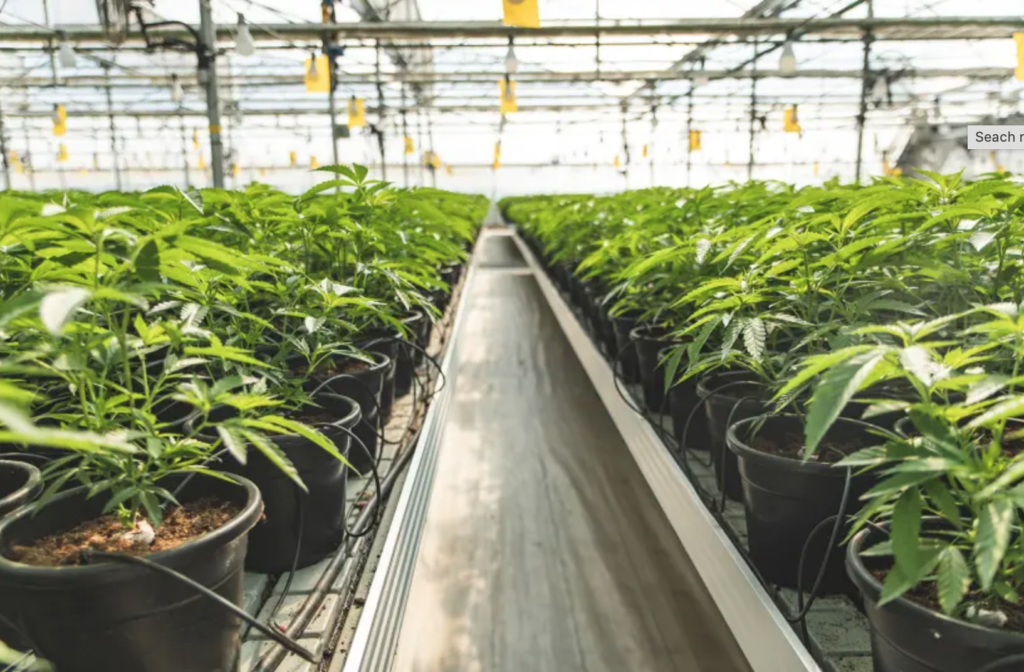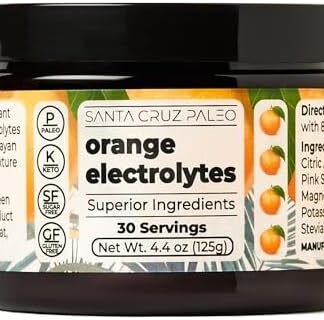Abstract
What is currently needed for optimal use of medicinal cannabinoids is a feasible, nonsmoked, rapid-onset delivery system. Cannabis “vaporization” is a technique aimed at suppressing irritating respiratory toxins by heating cannabis to a temperature where active cannabinoid vapors form, but below the point of combustion where smoke and associated toxins are produced. The goal of this study was to evaluate the performance of the Volcano vaporizer in terms of reproducible delivery of the bioactive cannabinoid tetrahydrocannabinol (THC) by using pure cannabinoid preparations, so that it could be used in a clinical trial. By changing parameters such as temperature setting, type of evaporation sample and balloon volume, the vaporization of THC was systematically improved to its maximum, while preventing the formation of breakdown products of THC, such as cannabinol or delta-8-THC. Inter- and intra-device variability was tested as well as relationship between loaded- and delivered dose. It was found that an average of about 54% of loaded THC was delivered into the balloon of the vaporizer, in a reproducible manner. When the vaporizer was used for clinical administration of inhaled THC, it was found that on average 35% of inhaled THC was directly exhaled again. Our results show that with the Volcano a safe and effective cannabinoid delivery system seems to be available to patients. The final pulmonal uptake of THC is comparable to the smoking of cannabis, while avoiding the respiratory disadvantages of smoking.















